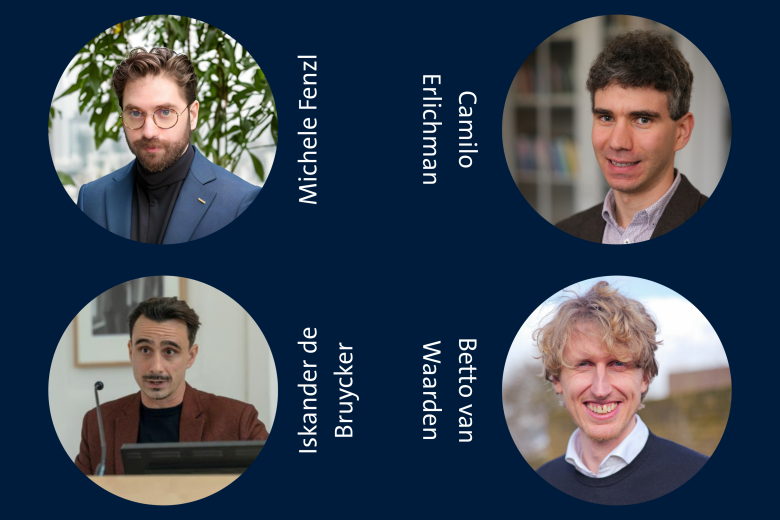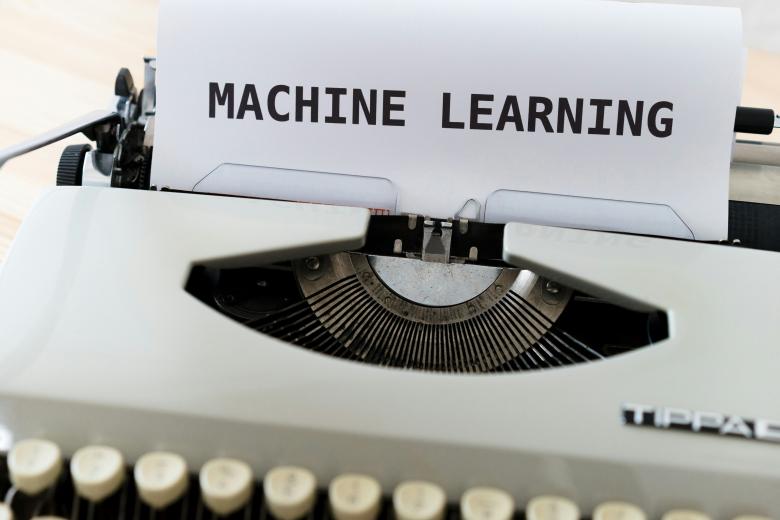The extreme-right lone actor and mental illness: a case of treatable danger?
In his master thesis, under the supervision of Prof David Roef, Bart van de Steeg explores the role of psychopathology and the legal assessment of ‘the degree of insanity’ in determining the criminal liability and sanctioning of violent right-wing lone actors. His research was awarded the student prize by the Faculty of Law.
The Dutch security and intelligence services report that extreme-right violence by lone actors and radicalized, troubled young men involved in international online networks forms a conceivable threat. Additionally, research suggests there is a higher rate of psychopathology among these perpetrators compared to the general population.
To find answers to his research question, Bart studied relevant criminological, forensic and criminal law literature and analysed nineteen Dutch criminal cases of (potential) violent extreme-right lone actors. The UM master’s programme of Forensics, Criminology and Law directly inspired him to use this multidisciplinary approach.
Research shows that it is quite a challenge to accurately define the extreme-right lone actor and what motivates his criminal behaviour. Present scientific insights suggest a chain of context-dependent events that eventually culminate in violence. The cases Bart analysed confirm that lone actors, whether diagnosed with a mental disorder or not, often struggle with complex interrelated problems in various areas of their lives, making it difficult to determine which factor ultimately caused their radicalised violent behaviour.
With respect to Dutch law, it is argued that there is room for improvement to ensure an adequate judgment on the criminal liability of lone actors. In most cases, the sentencing mechanism seems most effective when the punishment of radicalised violent crimes is combined with treatment of the related mental disorders. This could involve parole or a probationary period with behaviour-influencing measures such as an (online) contact ban or compulsory participation in treatment and de-radicalisation programmes. Experts recommend improving interdisciplinary cooperation between the justice system and mental health professionals.
| Return to lawreview2021 |
Also read
-
Four FASoS researchers awarded NWO XS grants
How do lobbyists use disinformation to sway policymakers? Who gets to shape the historical narrative of occupation and violence? Does growing inequality change the way citizens think about politics? And how have politicians defended “truth” across a century of media revolutions?
-
Reducing the Digital Divide: Empowering Students to Train, Evaluate, and Use AI Text Models
The Maastricht Law and Tech Lab, together with the Brightlands Institute for Smart Society (BISS), obtained a € 100.000 a Comenius Senior Teaching Fellow grant.
-
Green school playgrounds boost concentration and wellbeing
Children at schools with green playgrounds are better able to concentrate and display more social behaviour. This is the conclusion of a follow-up study within the long-running project The Healthy Primary School of the Future .